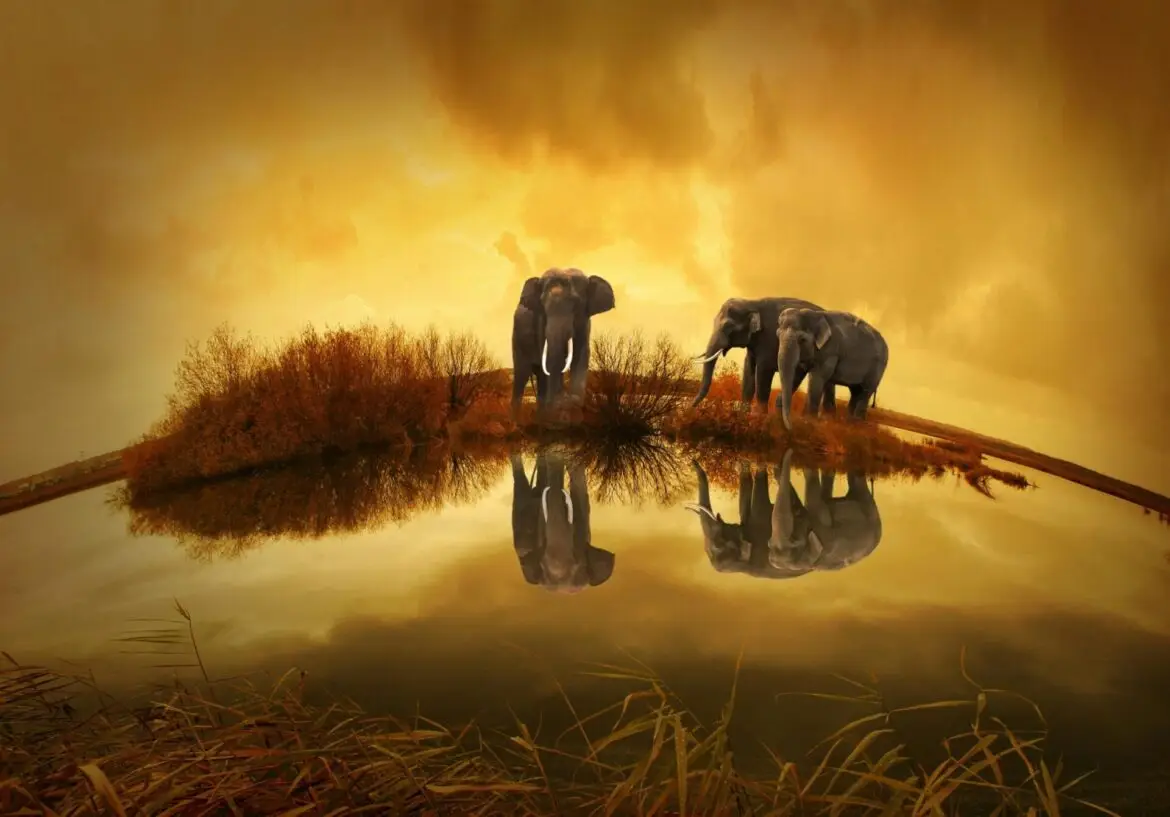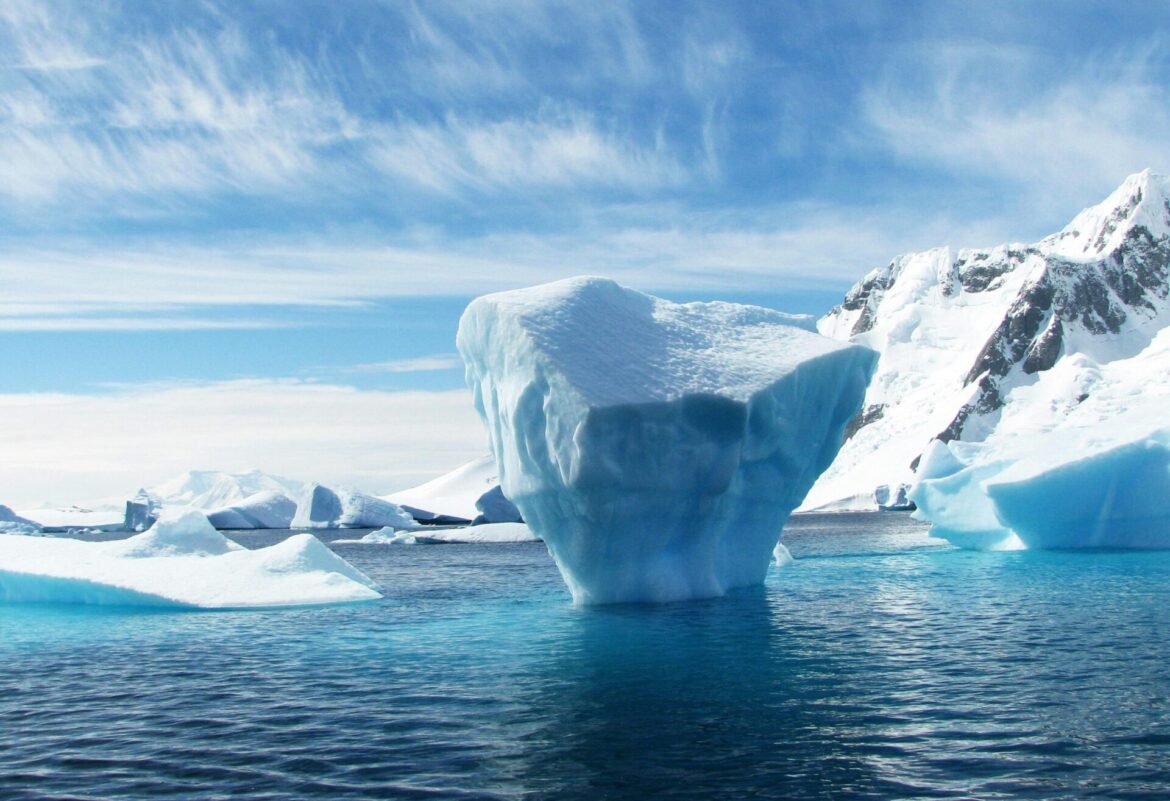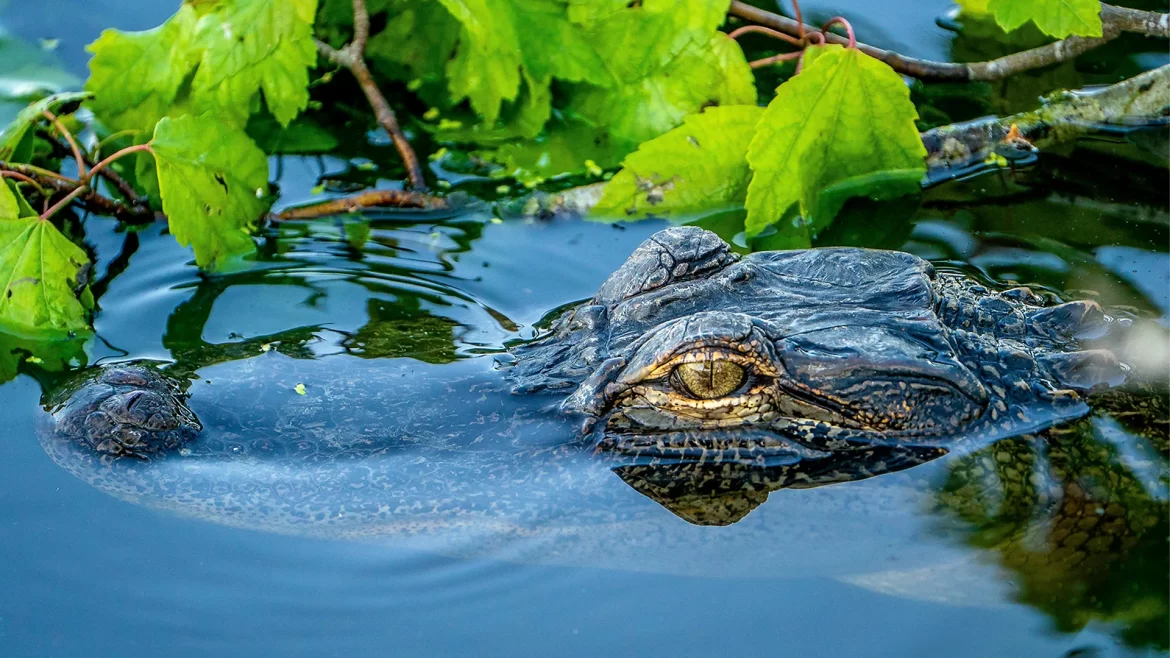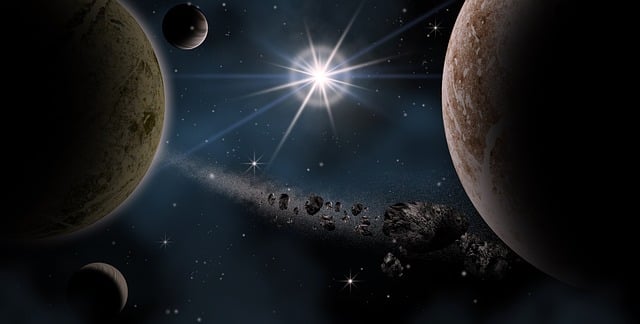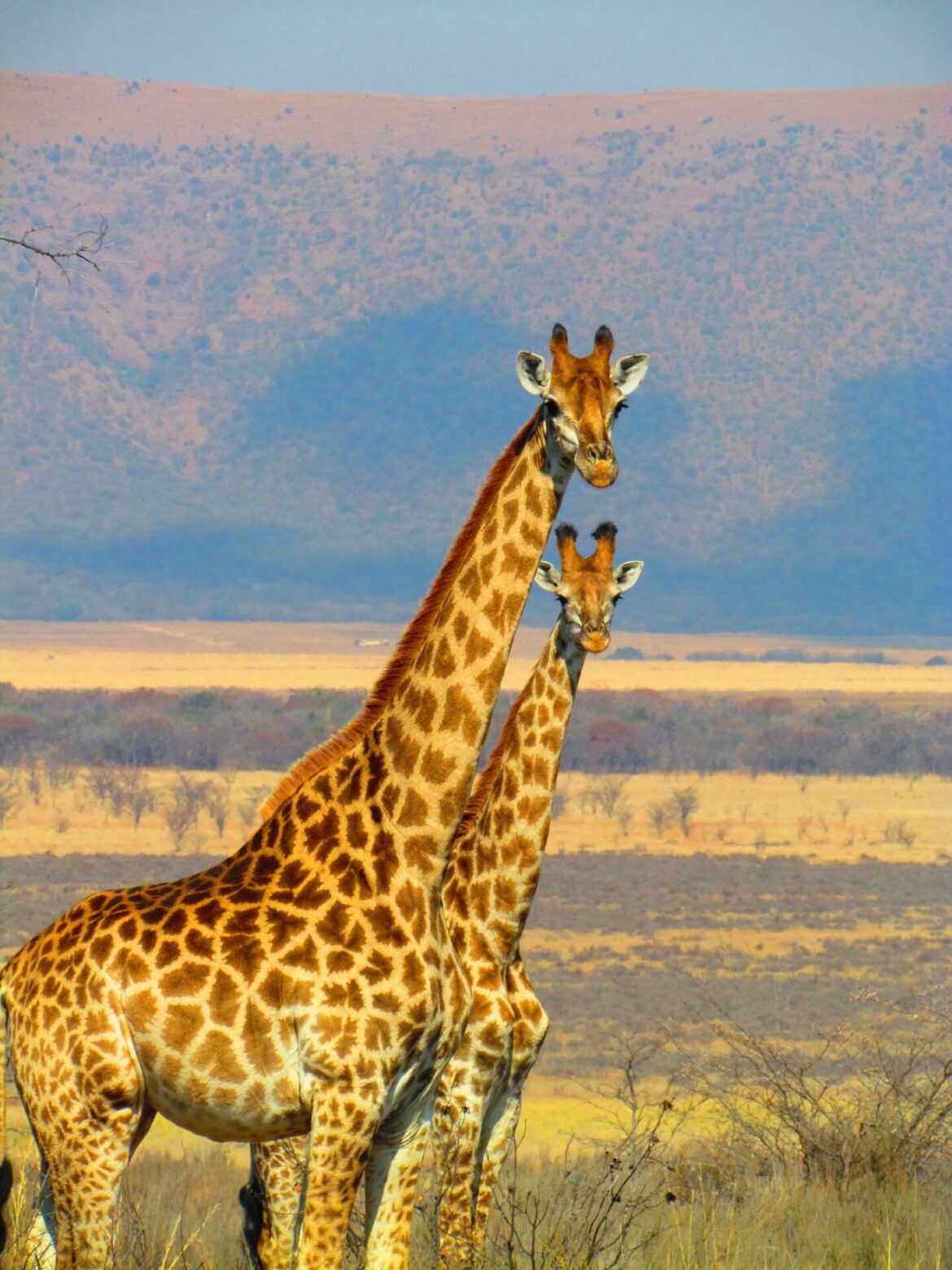While 2024 was a year of global upheaval, we saw unprecedented advances in science. From hidden oceans on Saturn's moons to deciphering the brain of a fruit fly, this year's scientific discoveries pushed the boundaries of human knowledge. Some are small steps that could lead to revolution, while others are already major breakthroughs. So what did we learn about the world, life, and the universe in 2024?
Category: Nature
The most interesting animals on the planet and their fascinating abilities
Before your visit to a zoo or safari park, immerse yourself in the world of amazing creatures whose unique characteristics will immediately catch your eye: from the inconspicuous Sumatran tiger to majestic condors to hardy desert tortoises - each of these creatures hides unique surprises worth discovering.
Record sea ice loss: Polar regions are losing their protective shield
The world is facing another warning signal of the climate crisis. Satellite measurements show that the planet's polar regions are covered in less sea ice than at any time in recorded history. This loss of a natural protective shield that reflects sunlight back into space is accelerating global warming and threatening not only life in the Arctic and Antarctic but also climate stability across the planet.
People fear them, but nature needs them: How wolves are changing the landscape and us
Long considered a threat, wolves are now proving to be not only predators – but also nature's doctors.
When flapping wings isn't enough: How chaos shapes the world around us
Chaos and unpredictability are fundamental properties of many natural and social systems. The well-known term “butterfly effect” refers to the idea that small changes can trigger huge consequences. But is it really that simple? This article will guide you through the fascinating world of chaos, show its scientific basis, and at the same time debunk popular myths.
Have scientists discovered traces of life on a distant planet?
Scientists from the University of Cambridge have provided perhaps the most convincing evidence yet that life beyond our planet could be a reality. While studying the atmosphere of exoplanet K2-18b, they have detected the presence of molecules that on Earth are created exclusively by the activities of simple organisms.
How alligators are reviving the Florida Everglades
In the heart of Florida's Everglades, American alligators (Alligator mississippiensis) play a key role as "ecosystem engineers." Their ability to change the landscape has a fundamental impact on the biodiversity and health of this unique wetland environment.
Searching for Alien Technological Traces: The Dyson Sphere Hypothesis and a Recent Discovery
Astronomers have discovered seven stars that exhibit unusual infrared radiation that could indicate the presence of Dyson spheres—hypothetical megastructures that could be the work of advanced alien civilizations. The findings open up new possibilities in the search for extraterrestrial life and raise a number of exciting questions about whether we are truly alone in the universe. Read on to find out what next steps scientists plan to take to verify these amazing discoveries.
Secrets of the Winchcombe meteorite revealed by new analysis
A meteorite that landed in a sheep field was repeatedly broken and reassembled on its journey through space, according to scientists. The latest analysis of the Winchcombe meteorite suggests that water may have played a role in its violent odyssey.
First record of a spotless giraffe in the wild
Two incredible events have recently taken place on the African continent – the discovery of spotless giraffe calves. After reporting last month about a giraffe in an American zoo that was born without the characteristic spots, we are now witnessing another discovery of a spotless giraffe, this time in the wild.

